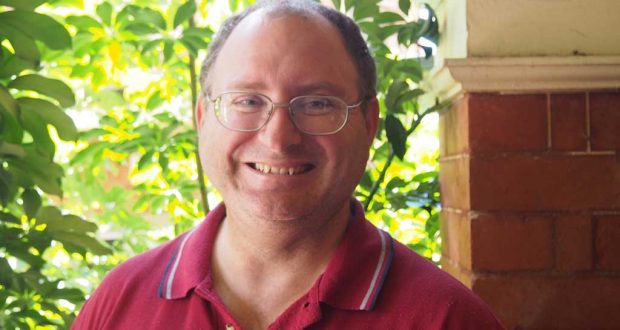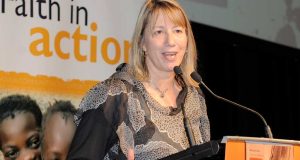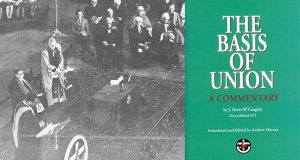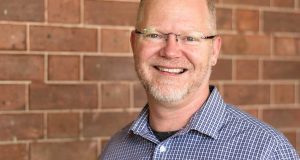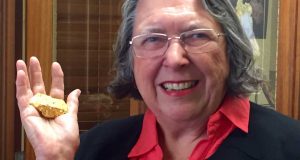There’s more to creating a new congregation than adding a new time slot to the church sign and putting out the tea and biscuits. Dianne Jensen talks to Duncan Barlow, pastor at Toowong Uniting Church, Brisbane about what it takes to build a healthy Christian community.
After seven years with the Church Missionary Society (CMS) in Indonesia, Duncan Barlow and his family know that effective Christian witness transcends the boundaries of culture and convention.
Duncan came on board at Toowong Uniting Church last July in a dual capacity as church planter/pastor of a new evening congregation and chaplain at Emmanuel College at the University of Queensland.
He says that although “church planting” is something of a buzz word, it marks an acknowledgement that Christianity “is not just about me and God”.
“We have a western-style individualism but that’s not a biblical Christianity. Biblical Christianity is community-focused and we’ve recognised that we should be creating Christian communities.”
One of the drivers behind the new evening congregation at Toowong was that the morning congregation was essentially full.
“At 80 per cent of seating capacity it no longer becomes comfortable to invite your friends,” says Duncan. “A basic church development principle is once you get 80 per cent you have to look at growing. You either get a bigger building or you start new congregations.”
Before opening the doors, Duncan and former Toowong minister Simon Gomersall sat down to identify the existing ethos of the church community.
“We were intentional about holding on to those things that are at our core—being a church which is Gospel-focused. In other words we want people to know who Jesus is, we want to have preaching that helps us wrestle with God’s word, and we want to have a church that’s welcoming and relaxed.”
The Sunday Twilight service began a “soft” start.
“Rather than have our target audience, style of ministry and our growth objectives all planned out, we just said, we want to see who the Lord brings along. We worked with people who were interested in coming and then we just started—and the Lord has been bringing people in.”
After six months, the evening congregation is drawing a high youth component and attracts between 30 and 40 people, 20 per cent of whom are newcomers. The focus is on flexibility and making use of the skills and gifts of those attending.
“We are doing this as a family,” says Duncan. “It excites me to say, how can we make use of these people’s gifts for God’s glory and for their growth in him? It’s their service as much as it is mine.”
 JourneyOnline
JourneyOnline
